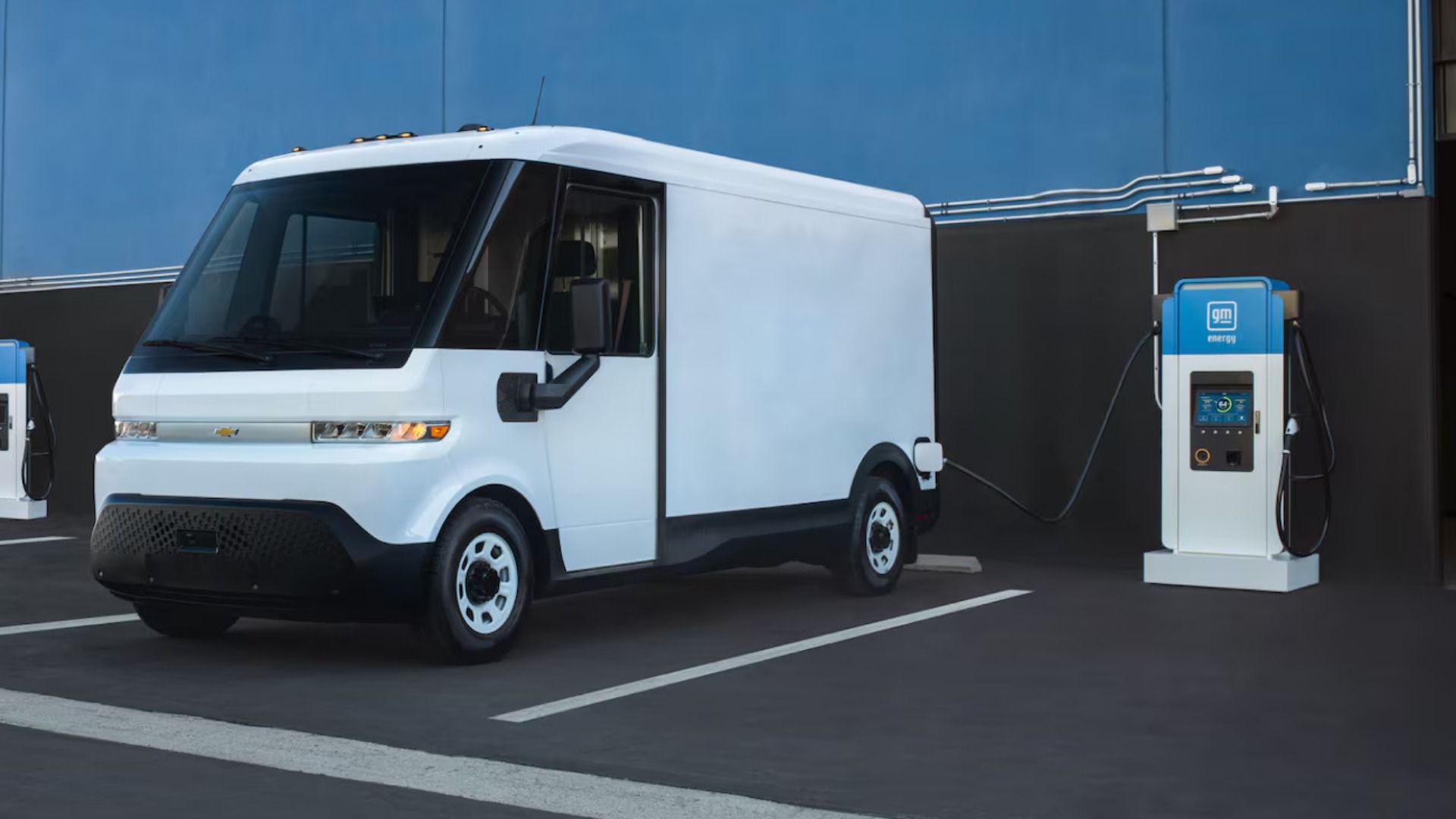The Future of Electric Vehicle Battery Technology
The Future of EV Battery Technology the automotive industry is undergoing a remarkable transformation, and at the heart of this revolution lies electric vehicle battery technology. As the demand for cleaner, more sustainable transportation continues to rise, so does the urgency to improve the efficiency, cost, and performance of the batteries that power these vehicles. This article explores the future of electric vehicle battery technology, examining the innovations on the horizon, the challenges that remain, and the implications these advancements will have on the automotive landscape.

The Evolution of Electric Vehicle Battery Technology
Over the past decade, electric vehicle battery technology has undergone significant advancements, largely driven by the growing need for more environmentally friendly solutions. When electric vehicles (EVs) first emerged, limited battery capacities, long charging times, and high production costs hindered their widespread adoption. However, as battery technologies evolve, many of these issues are now being addressed with promising results.
Lithium-ion (Li-ion) batteries, the dominant technology used in EVs today, have improved steadily in energy density, charging speed, and overall longevity. Nonetheless, as the market demand for EVs surges, the need for more powerful, durable, and cost-effective batteries grows stronger.
What to Expect: Emerging Technologies in EV Batteries
Looking ahead, the future of electric vehicle battery technology shines brightly. Several emerging technologies will redefine how EVs function, making them more efficient, affordable, and practical for everyday use. Let’s examine these breakthrough innovations:
1. Solid-State Batteries: A Game-Changer in Safety and Performance
One of the most promising developments in electric vehicle battery technology is the emergence of solid-state batteries. Unlike traditional lithium-ion batteries, which rely on a liquid electrolyte to facilitate the flow of ions, solid-state batteries utilize a solid electrolyte. This shift offers a host of benefits, including improved safety, longer lifespan, and higher energy density.
Solid-state batteries are less prone to overheating and thermal runaway—a major safety concern with liquid electrolyte batteries. Additionally, because these batteries can pack more energy into a smaller space, they could significantly increase the driving range of EVs, making long-distance travel more feasible without the need for frequent charging stops.
2. Lithium-Sulfur (Li-S) Batteries: The Holy Grail of Energy Density
Another revolutionary advancement in electric vehicle battery technology is lithium-sulfur (Li-S) batteries. These batteries promise to offer a much higher energy density than traditional lithium-ion batteries, meaning they could potentially offer more power and longer driving ranges at a lower weight.
Li-S batteries also offer environmental advantages over lithium-ion counterparts, as sulfur is abundant and less harmful to the environment. Furthermore, Li-S batteries should be more affordable to manufacture, which could help bring down the overall cost of EVs, making them accessible to a broader market.
3. Graphene Batteries: The Future of Fast Charging
Graphene, a single layer of carbon atoms arranged in a hexagonal lattice, is another material making waves in the world of electric vehicle battery technology. Graphene-based batteries have the potential to drastically reduce charging times while improving energy storage capacity.
With graphene batteries, EVs could achieve ultra-fast charging times—potentially as quick as filling up a gas tank—while still maintaining high levels of energy retention. This could revolutionize the EV industry, as one of the most significant hurdles for consumers today is the lengthy charging time associated with lithium-ion batteries. Fast-charging graphene batteries could eliminate this barrier and make EVs as convenient as traditional vehicles.
4. Sodium-Ion Batteries: A More Affordable and Sustainable Alternative
Sodium-ion batteries are emerging as a cost-effective and sustainable alternative to lithium-ion batteries. Sodium, an abundant and inexpensive element, could replace lithium in the creation of batteries for electric vehicles, making them cheaper to produce.
While sodium-ion batteries currently offer lower energy density than their lithium-ion counterparts, advancements will likely close this gap over time. As a result, sodium-ion batteries could become a viable solution for affordable EVs, further driving the adoption of electric vehicles.
The Impact on EV Range and Charging Infrastructure
As electric vehicle battery technology continues to evolve, one of the most exciting prospects is the potential to increase the range of EVs. With longer battery life and improved energy density, future EVs will be able to travel farther on a single charge. This will make electric vehicles more practical for long-distance driving, reducing the need for frequent stops at charging stations.
However, increasing the range of EVs also requires corresponding improvements in charging infrastructure. Currently, the availability of fast-charging stations remains a significant barrier to widespread EV adoption. To accommodate the growing number of electric vehicles on the road, governments and private companies will need to invest heavily in expanding the network of charging stations, ensuring that drivers can quickly and easily recharge their vehicles wherever they go.
Charging at Home: A New Era of Convenience
One area where electric vehicle battery technology is already making a tangible impact is the development of home charging solutions. With the increasing affordability and efficiency of EV batteries, consumers can now charge their electric vehicles at home with ease. Innovations in home charging stations are allowing EV owners to charge their vehicles overnight, waking up to a fully charged car ready for the day.
As EV battery technology improves, home charging will become even more efficient, with faster charging times and lower costs. Additionally, advancements in smart home technology will allow for better integration between EVs and home energy systems, optimizing charging schedules and reducing costs for consumers.
Sustainability and Recycling: Closing the Loop
As the adoption of electric vehicles grows, the question of sustainability in electric vehicle battery technology becomes increasingly important. The production and disposal of batteries have significant environmental implications, and finding ways to make battery production more sustainable is essential for the future of the EV industry.
One of the key areas of focus in the development of sustainable EV battery technology is recycling. As battery production ramp-ups to meet the growing demand for EVs, efficient and scalable recycling processes will be critical to ensure that the materials used in batteries—such as lithium, cobalt, and nickel—are reused and not wasted.
New recycling technologies, such as direct recycling of lithium-ion batteries, promise to significantly reduce the environmental impact of battery disposal. Additionally, the increased use of second-life batteries (batteries that are no longer suitable for vehicles but still retain capacity for stationary energy storage) could offer another way to maximize the value of these crucial components.
The Role of Artificial Intelligence and Automation
In the future, artificial intelligence (AI) and automation will play a vital role in advancing electric vehicle battery technology. AI can optimize battery design, performance, and manufacturing processes, leading to higher quality and lower-cost batteries. For instance, machine learning algorithms can analyze data from thousands of battery cells to predict failure points, allowing manufacturers to develop batteries with longer lifespans and better overall performance.
Furthermore, AI can optimize charging schedules and battery management systems in EVs. By analyzing data about driving habits, terrain, and other variables, AI can determine the most efficient way to charge and discharge an EV’s battery, extending its life and improving the overall efficiency of the vehicle.
Challenges and Roadblocks Ahead
Despite the many exciting developments on the horizon, several challenges remain before these breakthroughs in electric vehicle battery technology can become a reality.
One of the primary obstacles is the high cost of developing and manufacturing advanced batteries. While innovations in solid-state batteries, lithium-sulfur batteries, and other technologies offer significant potential, they often come with high research and production costs. The EV industry will need to find ways to scale these technologies in a cost-effective manner to ensure that electric vehicles remain affordable for the average consumer.
Additionally, sourcing the materials necessary for advanced batteries, such as lithium, cobalt, and nickel, presents environmental and ethical concerns. The mining and extraction of these materials can harm local ecosystems and communities, which calls for more sustainable and responsible sourcing practices.
The future of electric vehicle battery technology is filled with promise and potential. From the development of solid-state and lithium-sulfur batteries to the rise of graphene and sodium-ion alternatives, the innovations underway have the capacity to transform the way we think about and use electric vehicles.
As these technologies evolve, so too will the infrastructure and sustainability practices that support them. With continued investment, research, and collaboration, the future of EVs looks brighter than ever, offering cleaner, greener, and more efficient transportation for generations to come.
In the coming years, we can expect to see more affordable, faster-charging, and longer-lasting electric vehicles on the road, making electric mobility not just a trend, but the future of transportation.








